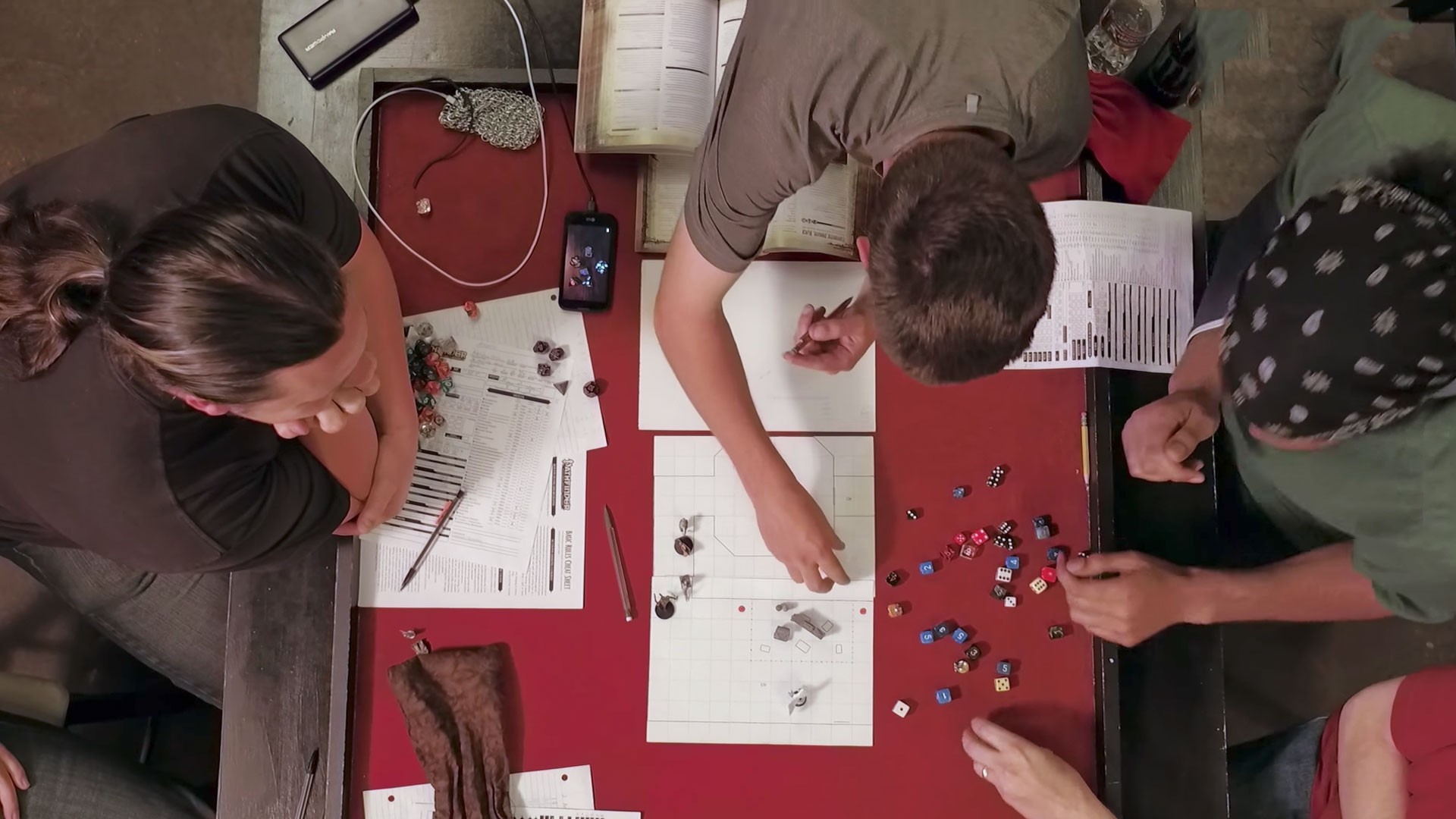NC1 Sean McCormick. Photo by author

NC1 McCormick isn't the first to call detainees "fat." It's a long running rhetorical theme, really.In October 2006, Michael Melia, a reporter with The Associated Press wrote a piece, where she explained that a high-calorie diet provided by the Joint Task Force wasn't doing detainees any favors; it was making them f-a-t. Almost five years later, on May 13, 2011, during an interview on Fox & Friends, Senator Jim Inhofe (R) of Oklahoma declared, "Let's keep in mind, these detainees, they have things they've never had before. You know what the biggest problem in Gitmo is right now? It's obesity.""Throw them a ball, let them play soccer, if they have to play at all." - Donald Trump
"We just spent a million dollars building a soccer field. Okay. A soccer field for our prisoners that happen to be in Guantánamo. Okay. I don't like that. What do you need a million dollars for that? Level out the surface. Let them play. What do you need to spend a million dollars? We just spent. There's a story today. A million dollars on a soccer field? How do you spend a million dollars on a soccer field? You have a level piece of land. Throw them a ball, let them play soccer, if they have to play at all."
At Gitmo, in my many conversations with people who play games, words like "unity" and "community" pop up without fail. One person in a scuba meeting puts it to me this way: Gitmo has the vibe of 1950s America.At first, the comparison to seems like an apt one. Petty officers in the Navy (at least the ones in the board game crowd) tell me that they leave their doors unlocked at night. There are no stoplights on the base. A bowling alley is the weekend hang. Almost everything is within a five minute drive.In an interview with Waypoint, Anderson, a cultural advisor who works as an intermediary between the Joint Task Force and detainees, put it this way: "Gitmo is a safe place. It's a good place to grow up. We don't have many problems. I can let my kids get on the bus by themselves or walk. In the States, we cannot do that. I have to go everywhere with them."But this comparison of Gitmo to 1950s America (unintentionally) includes a less favorable reading, too. While the pop cultural memory has focused on the Beaver Cleaver cleanliness of the postwar boom, the 50s were not a pristine decade. The Korean War marked a new style of American intervention. Redlining in housing markets deprived minority families of homes and hamstrung their ability to build wealth. And with nuclear arms production, McCarthyism, and international proxy conflicts continued, Americans struggled to define "the Cold War.""…wartime has become normal time in America." -Mary Dudziak